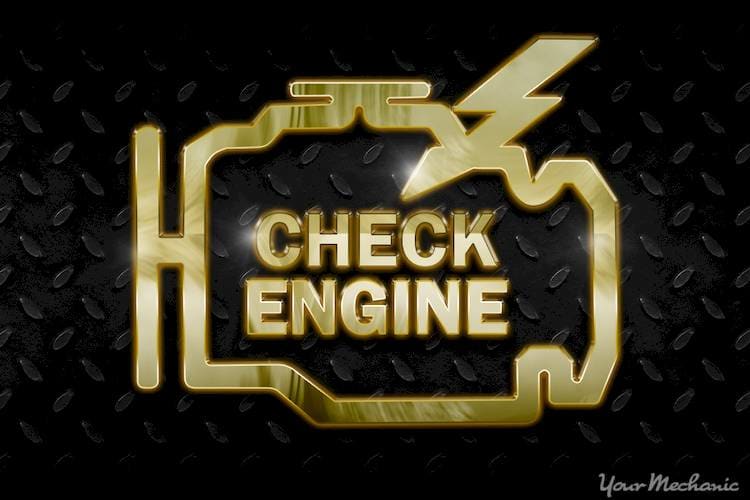P0386 code definition
The P0386 code means that the vehicle’s computer has detected excessive voltage from the crankshaft position sensor (CPS or CKP) that exceeds the specifications set by the automaker.
What the P0386 code means
The P0386 code means that the voltage signal at the crankshaft position sensor is higher than what the automaker sets as the maximum allowable amount. Generally, it indicates a voltage signal of 10% higher than automaker standards. Any instance in which higher than normal voltage is detected, a code will be stored, but most vehicles require at least three such instances to turn on the Check Engine Light.
The crankshaft position sensor, also called the CPS, or the CKP, is made up of two sensors. One is a permanent magnet sensor mounted on a toothed wheel. As the wheel turns, it produces a signal. This signal changes with engine performance/speed, and the computer uses the signal to determine the actual engine RPM. This signal is also used to detect misfires, spark and fuel injection timing, and more.
What causes the P0386 code?
The P0386 code can be set for a number of different reasons. These can include the following:
What are the symptoms of the P0386 code?
You may notice any number of different symptoms if the P0386 code has been set in the vehicle’s computer. These can include:
How does a mechanic diagnose the P0386 code?
The first step in diagnosing the problem will be to connect an OBD-II scanner to read the codes stored in the car’s computer. The mechanic should then clear the codes and test drive the vehicle. However, a test drive may not be necessary if the mechanic observes that the RPM reading is 0 while the engine is running, or that the RPM reading is inaccurate during starting.
The next step is a visual inspection of the CPS/CPK sensor, connector and wiring followed by a signal check using a scope. Reference voltage should be 5 volts for most vehicles. It may be necessary to disconnect the sensor and test for signal outside the vehicle, as well as testing the circuit for voltage. If the sensor tests bad, it must be replaced. If the sensor tests good but the circuit has no signal, the mechanic should check for and repair any shorts or damaged wiring.
After repairs, the sensor should be replaced and the vehicle test driven to determine normal operation or recoding.
Common mistakes when diagnosing the P0386 code
One of the most common mistakes is not fully inspecting the wiring harness and connectors for damage and corrosion. This is the most common cause of intermittent problems. In addition, damage to the gear teeth, reluctor ring or sensors can be caused during timing belt replacement.
How serious is the P0386 code?
The P0386 code is actually very serious, even if it is only intermittent. It can leave you stranded in the event of a no start situation, and you could find yourself in a dangerous situation if the engine stalls while driving. It is crucial to have this problem corrected as soon as possible.
What repairs can fix the P0386 code?
The most common fix for the P0386 code is repairing damaged wiring, or cleaning corroded connectors. Sensors do fail, though, so replacement of the actual crankshaft position sensor is possible. Only in a rare handful of cases is replacement of the PCM needed.
Note that a weak starter or low battery can sometimes cause the P0386 code to be stored. Inspect the charging system before attempting to diagnose the sensor. It may be necessary to replace the car’s battery first.
Need help with a P0386 code?
YourMechanic offers certified mobile mechanics who will come to your home or office to diagnose and repair your vehicle. Get a quote and book an appointment online or speak to a service advisor at 1-800-701-6230.
Check Engine Light
trouble codes
p0386





